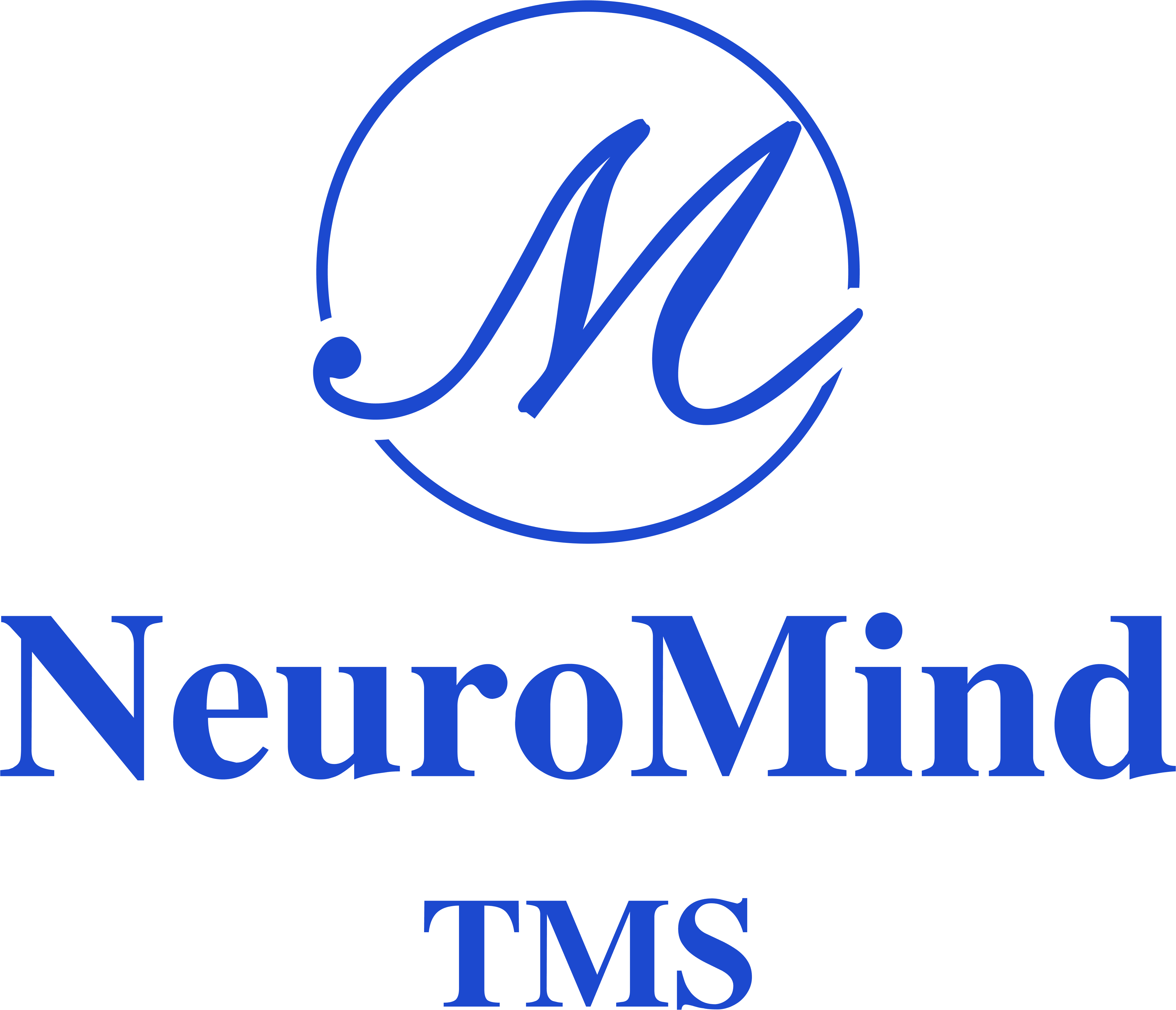
Today, Anxiety disorders are affecting millions of people across the world, impacting daily life & well-being. Fortunately, different treatment plans are present in the market in order to assist individuals manage their symptoms & reclaim control. Out of many different options available, TMS is one such important treatment. Transcranial Magnetic Stimulation or simply TMS for anxiety is a rising treatment option, with different commonly used approaches for the purpose of resolving anxiety through medication and therapy.
In case you also want to have a closer look at the comparison of different treatment options vs. TMS therapy for anxiety, then this short is only made for you.
First Understand Anxiety Disorders:
Anxiety disorders encompass more than just random anxiety or tension. In different manners, it is just a cluster of excessive, persistent symptoms that substantially interfere with daily routine & this can have a serious negative influence on an individual’s well-being & often make it really complicated to handle day-to-day events.
Let’s have a closer look at the important characteristics of multiple anxiety disorders:
1. Excessive & Persistent:
The level of worry & fear is significantly out of proportion to the actual threat or situation in the case of excessive anxiety disorder. On the other hand in the case of persistent anxiety disorders, these feelings last for extended periods, often for many weeks, months, or even years.
2. Emotional Symptoms:
- Severe anxiety and fear: This may present as a persistent sense of dread, impending disaster, or uneasiness.
- Anticipatory anxiety: Excessive worry about upcoming events, even small ones, that causes severe distress as well as avoidance is known as anticipatory anxiety.
- Panic attacks: These are brief, sharp bursts of extreme anxiety or discomfort that peak in a few of minutes. Physical symptoms associated with the same can be sweating, dizziness, shortness of breath, and palpitations as frequently seen in conjunction with these episodes.
3. Physical Symptoms:
This is a kind of autonomic nervous system-based activation and in general, this leads to various physical symptoms like:
- Sweating
- Dizziness
- Muscle tension
- Rapid heartbeat (tachycardia)
- Difficulties sleeping
- Shortness of breath (dyspnea)
- Nausea or stomach upset
- Fatigue
4. Behavioral Symptoms:
- Avoidance: Individuals who are anxious may deliberately steer clear of circumstances, persons, or locations that make them pretty anxious. Significant restrictions on daily routine activities, social contacts, as well as job performance may result from this.
- Repetitive behaviors: Repeating rituals or certain actions, like frequent hand washing or checking, in an effort to calm down.
Different Treatment Options Associated with the TMS Anxiety:
There are different methods for handling anxiety, each with special advantages as well as drawbacks.
But, three of the most effective options available in the market can be:
1. Medication:
- Mechanism of action: Different sorts of medication work differently in our brain to regulate brain chemicals linked with anxiety, like as serotonin & norepinephrine.
- Benefits: Medications can deliver quick as well as effective relief for many individuals, particularly in case of severe symptoms.
- Limitations: Medications may come with several side effects like fatigue, drowsiness, & sexual dysfunction. Also, they can be addictive or need long-term usage, thus raising concerns about long-term dependence.
2. General Therapy:
- Mechanism of action: Cognitive-behavioural therapy or simply CBT and exposure therapy are two methods used in treatment that try to address the root causes of anxiety. These methods assist people in recognizing as well as challenging harmful thought patterns, and at the same time generating coping strategies for handling situations & triggers that cause anxiety.
- Benefits: Therapy has long-term effects & gives patients the needful tools to effectively control their anxiety throughout their lives. Apart from that, it can help with underlying emotional issues and certain anxiety.
- Limitations: In order to achieve desired outcomes, therapy may need a longer-term commitment with steady work. Not everyone who needs instant relief from severe anxiety symptoms should use it.
3. TMS or Simply Transcranial Magnetic Stimulation:
- Mechanism of action: In order to regulate mood & process emotions, TMS stimulates particular brain areas with magnetic pulses. The central aim of these pulses is to alter brain activity & possibly lessen symptoms of anxiety.
- Benefits: TMS therapy for anxiety has fewer adverse effects as compared to medicine and is a non-invasive, drug-free alternative. For all those who have not reacted well to medication or therapy, this could be helpful in delivering desired hope for various types of treatment.
- Limitations: Individual differences in TMS efficacy mean that research on the treatment of anxiety disorders is still underway. This needs to be used over various weeks in multiple sessions, as well as research is still being done on its long-term efficacy.
Preferring the Right Sort of Treatment:
The best possible treatment for anxiety may depends on different factors, like:
- Severity of symptoms: Medication may deliver temporary relief from severe anxiety, while long-term therapy can address underlying concerns.
- Response to previous treatments: In case someone has not reacted well to medicine or therapy, TMS treatment for anxiety could be tried as better alternative.
- Personal preferences: While some people may find therapy more appealing due to its emphasis on treating the underlying problems, others may prefer non-invasive techniques like TMS treatment for anxiety.
Additional Considerations to Make:
- Getting professional assistance: In case you are experiencing anxiety, simply don’t be afraid to get help from a therapist, psychologist, or psychiatrist. So, to help you regain control as well as enhance your well-being, they can simply deliver direction, encouragement, as well as efficient treatment options.
- Combinations of treatments: For the purpose of managing complicated or severe anxiety disorders, a combination of treatments can be used like medicine & therapy or TMS for anxiety and therapy.



